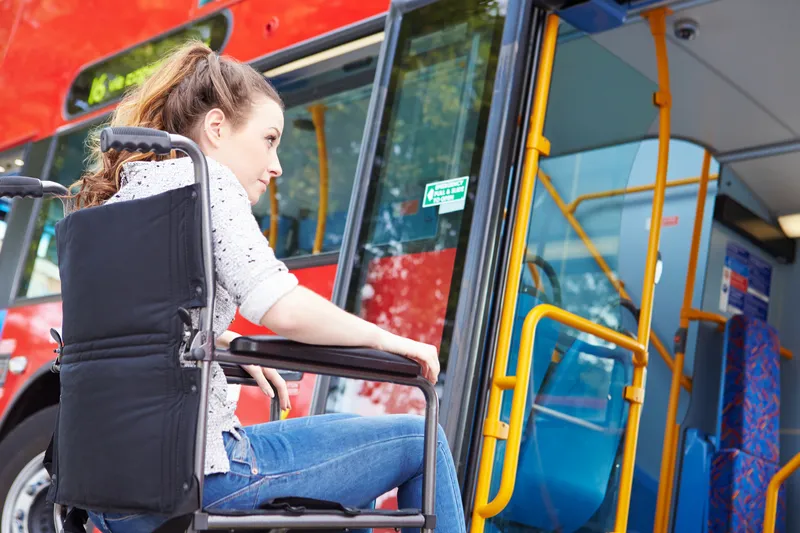Ahead of the Autumn Statement this week a motor industry body is calling on the UK Government to make a US$37 million (£30 million) investment in specialist electric and hybrid vehicle training for thousands of maintenance and repair technicians in the independent retail sector. The Institute of the Motor Industry (IMI) believes the investment is crucial to support the public switch to ultra low emission vehicles (ULEV).
The IMI says the Government will need to spend a proportion of the £600m it has se
November 21, 2016
Read time: 2 mins
Ahead of the Autumn Statement this week a motor industry body is calling on the UK Government to make a US$37 million (£30 million) investment in specialist electric and hybrid vehicle training for thousands of maintenance and repair technicians in the independent retail sector. The Institute of the Motor Industry (IMI) believes the investment is crucial to support the public switch to ultra low emission vehicles (ULEV).
The IMI says the Government will need to spend a proportion of the £600m it has set aside to promote the uptake of low emission vehicles, on the technical skills infrastructure across the whole UK. It says the US$49 million (£40 million) already allocated to cities to meet air quality and emission targets, and the Chancellor's goal of every new car and van being ULEV by 2040 will not work in isolation.
Research commissioned by the Institute of the Motor Industry (IMI), shows UK sales of electrified vehicles doubling since 2015, but despite this growth the number of qualified repairers in the UK remains at around 0.4% of the 250,000 mechanics working on cars and vans commercially.
There are serious health and safety issues for unskilled mechanics attempting to work on machines with 600 volts coursing through them. The IMI says sales growth will stall unless small repair businesses are helped to make the investment in skills needed to provide consumers with choice and value for money. It will mean ordinary working people will be priced out of the ULEV market.
According to IMI, insurance premiums for electrified vehicles are already 30-50% higher than diesel cars because of the lack of qualified repairers.
Over 90 per cent of independent garages say they would need to retrain existing technicians to undertake work on these electrified vehicles; it's clear that unless there is a proactive strategy from the Government to encourage this training the UK will not be able to support the growth of future car technology.
The IMI research, On the Road to Sustainable Growth, by Professor Jim Saker, has been presented to the1837 Department for Transport consultation on proposed ultra low emission vehicle measures for inclusion in the Modern Transport Bill.
The IMI says the Government will need to spend a proportion of the £600m it has set aside to promote the uptake of low emission vehicles, on the technical skills infrastructure across the whole UK. It says the US$49 million (£40 million) already allocated to cities to meet air quality and emission targets, and the Chancellor's goal of every new car and van being ULEV by 2040 will not work in isolation.
Research commissioned by the Institute of the Motor Industry (IMI), shows UK sales of electrified vehicles doubling since 2015, but despite this growth the number of qualified repairers in the UK remains at around 0.4% of the 250,000 mechanics working on cars and vans commercially.
There are serious health and safety issues for unskilled mechanics attempting to work on machines with 600 volts coursing through them. The IMI says sales growth will stall unless small repair businesses are helped to make the investment in skills needed to provide consumers with choice and value for money. It will mean ordinary working people will be priced out of the ULEV market.
According to IMI, insurance premiums for electrified vehicles are already 30-50% higher than diesel cars because of the lack of qualified repairers.
Over 90 per cent of independent garages say they would need to retrain existing technicians to undertake work on these electrified vehicles; it's clear that unless there is a proactive strategy from the Government to encourage this training the UK will not be able to support the growth of future car technology.
The IMI research, On the Road to Sustainable Growth, by Professor Jim Saker, has been presented to the








